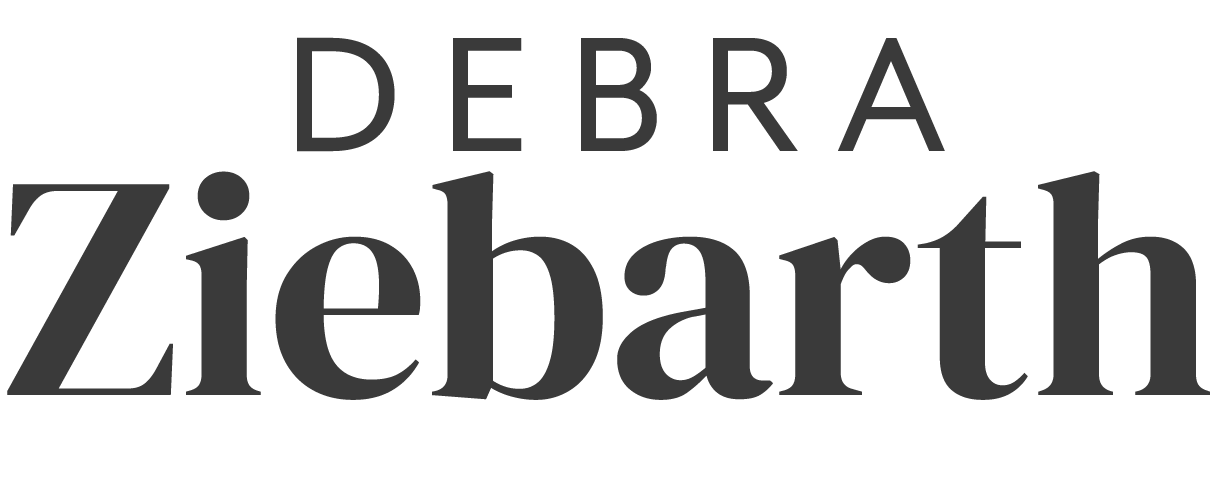In the Thick of It: Application Burnout

I’ve been job hunting since February of 2024 and have sent over 600 applications to date. Want to hear a sobering statistic? Of those 600, only 14% have turned into interview requests. In the beginning, I was sending out 20 or 30 applications a day. I mean, I was IN IT TO WIN IT, but after months of rejection after rejection, nowadays I’m lucky if I send more than 10 a week.
In part, this is due to the current job market. According to the Bureau of Labor Statistics, the number of unemployed persons per job opening is currently only 0.9. But as someone on the front lines, I can tell you it sure doesn’t feel that way. At least in the business operations field, there are fewer jobs available than there are applicants. Every application I send has over 100 other applicants and I’m finding myself drained in a way I hadn’t expected.
"... after so many weeks of 3-4 interviews per week and still getting rejections, I got burned out..."
It isn’t just the time spent fine-tuning cover letters—it’s the growing sense of dread, the gnawing feeling that I’m stuck in an endless cycle of effort and disappointment. It wasn’t until I started procrastinating, finding any excuse to do something—anything—other than applying to jobs, that I realized: I wasn’t just tired. I was burnt out.
Like so many others, I had fallen into the trap of application fatigue—an experience that rarely gets the attention it deserves. The pressure to keep going, to stay positive, and to “keep applying” even when you're mentally and emotionally exhausted can be overwhelming. But we don’t talk about that part, do we?
What Is Application Fatigue?
Application fatigue occurs when the job search process becomes mentally and emotionally exhausting, leaving candidates feeling drained and unmotivated. It's not just the time and effort spent crafting resumes and cover letters, though that alone can be daunting. It’s the growing weight of rejection, the uncertainty, and the feeling that you’re sending your applications into a void. With every “thank you for applying” email that doesn’t result in an interview, that weight gets heavier. Over time, this leads to a sense of futility, where the process feels less like a path to employment and more like an endless cycle of rejection.
This exhaustion doesn’t just impact how many applications get sent—it begins to creep into your self-esteem and sense of self-worth. Over-preparing for each new opportunity, replaying interviews in your head, and worrying about what went wrong—these behaviors, when repeated over time, can wear anyone down. What’s often missing from the job hunt conversation is the toll this takes on a person's mental health and how important it is to recognize the signs of burnout before it becomes overwhelming.
Recognizing the Signs of Burnout
Understanding application fatigue is essential, but recognizing when you’re experiencing it can be equally challenging. Some common signs of burnout in the job search include:
- Emotional Exhaustion: Feeling drained, both emotionally and physically, after completing your daily applications.
- Cynicism or Indifference: Developing a negative outlook on the job search process, feeling like nothing will work out despite your efforts.
- Reduced Performance: A decline in the quality of your applications or an increase in procrastination—what once felt like a priority now seems like a chore.
- Physical Symptoms: Experiencing headaches, fatigue, or other stress-related health issues that stem from the mental strain of the job hunt.
If you resonate with these symptoms, you’re not alone. A July 2023 survey by Insight Global found that 55% of unemployed adults actively seeking employment say they are “completely burned out” from the job hunt. This statistic highlights the prevalence of burnout in the current job market, where candidates often feel like they are competing against an insurmountable number of applicants.
The Psychological Impact of Job Searching
The psychological toll of relentless rejection cannot be overstated. According to a study by Resume Genius, 72% of applicants say the job search has harmed their mental health, and 44% are demoralized by not hearing back from employers. These figures underscore the emotional burden that comes with job hunting, particularly when the rejection feels personal rather than professional.
Moreover, the American Psychological Association indicates that chronic job search stress can lead to long-term mental health issues, including anxiety and depression. They state burnout and stress are everywhere. This is particularly concerning for those of us in competitive fields, where every application feels like a gamble, and the stakes are high.
A Reddit user shared their experience that resonates with many: “At one point when I was really applying for everything and anything even close to my skill set, I was getting a decent amount of interviews, but after so many weeks of 3-4 interviews per week and still getting rejections, I got burned out.” This sentiment reflects a common reality for job seekers, where the initial momentum can quickly turn into discouragement.
Strategies to Combat Application Fatigue
So, what can you do to combat application fatigue and protect your mental health? Here are some strategies that have helped me—and may help you too:
- Set Realistic Goals: Instead of pushing yourself to send a specific number of applications daily, aim for quality over quantity. Perhaps focus on sending out 2-3 well-crafted applications each week rather than overwhelming yourself with ten or more.
- Take Breaks: Allow yourself time away from the application process. Engage in activities that rejuvenate you, whether it’s going for a walk, reading a book, or connecting with friends. Breaks can offer fresh perspectives and help reduce feelings of burnout.
- Seek Support: Don’t hesitate to reach out to friends, family, or fellow job seekers. Sharing experiences can alleviate the loneliness that often accompanies job searching. Consider joining online support groups or forums where you can vent and exchange tips.
- Reassess Your Approach: If you’re consistently receiving rejections, it may be time to revisit your resume and cover letter strategies. Getting feedback from peers or professionals can provide valuable insights and help reinvigorate your applications.
- Practice Self-Compassion: Remind yourself that the job search is a challenging process, and it’s okay to feel frustrated. Celebrate the small wins along the way, whether it’s making a new connection or simply completing a well-crafted cover letter.
As I reflect on my own journey through this grueling job hunt, I realize that I’m not just seeking a position; I’m also navigating a path filled with emotional ups and downs. Each application sent feels like a tiny step forward, yet the weight of rejection can be suffocating. I’ve learned that it’s essential to acknowledge these feelings, give myself grace, and remind myself that burnout is a sign of my investment in finding the right opportunity—not a reflection of my worth or capabilities.
Reflections
The job market may be tough, and the statistics might seem bleak, but it’s crucial to remember that we are not alone in this struggle. In their article “Your Hiring Process Hurts” Rachel Kumar said, “...the hiring process itself has become a painful ordeal for many candidates.” This sentiment resonates deeply with me and highlights the need for a more empathetic approach from employers. By supporting each other, sharing our experiences, and implementing strategies to combat application fatigue, we can reclaim our energy and focus on what truly matters: finding a role that aligns with our passions and skills.
So, whether you’re in the throes of your job search or just starting out, take a moment to breathe. Set those realistic goals, take those breaks, and don’t hesitate to reach out for support. The journey may be long, but with a little self-compassion and community, we can navigate it together. After all, it’s not just about the destination; it’s about how we choose to travel along the way. Let’s continue to uplift one another, recognizing that every effort is a step closer to not just a job, but the right job.
Bureau of Labor Statistics. (2024). Job openings and labor turnover survey.
Insight Global. (2023). Survey on job search burnout.
Resume Genius. (2024). Study on job search mental health impact.
American Psychological Association. (2022.) Burnout and stress are everywhere.
Kumar, R. (2023). Your hiring process hurts: Insights from my own job search. LinkedIn.




Comments ()